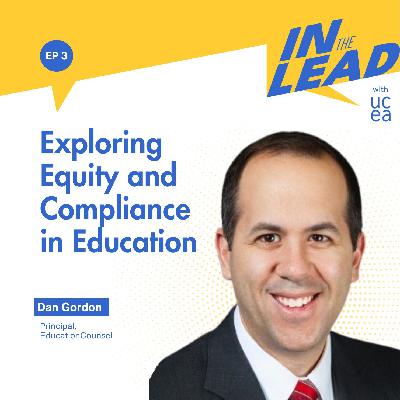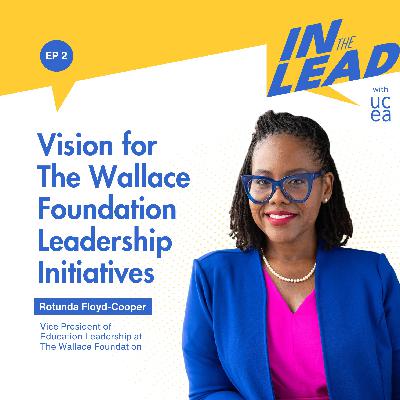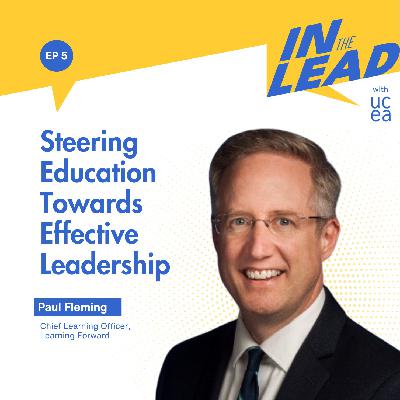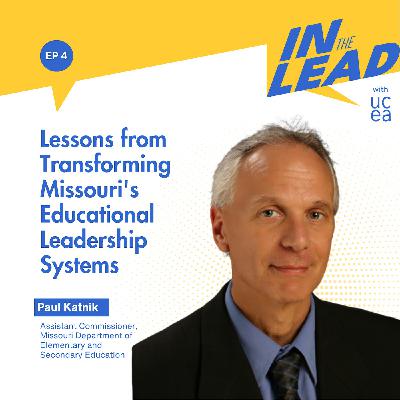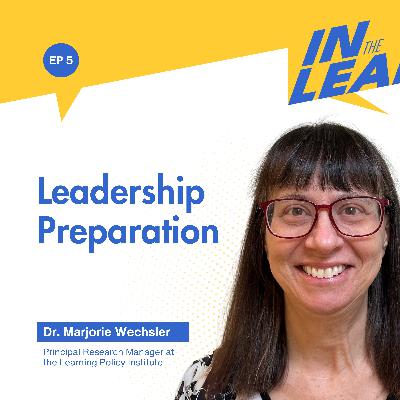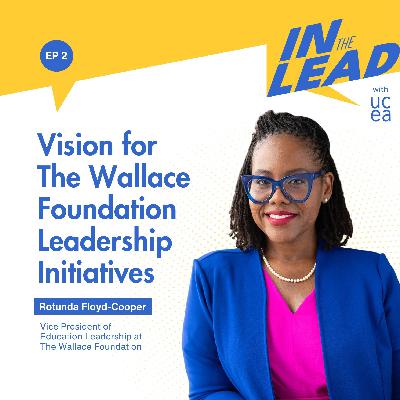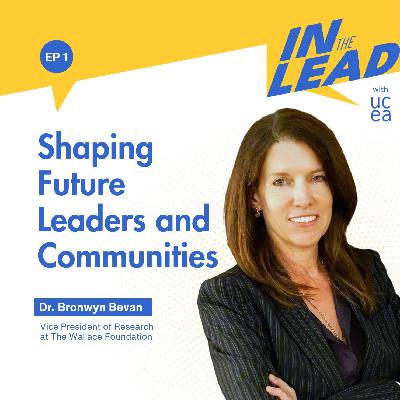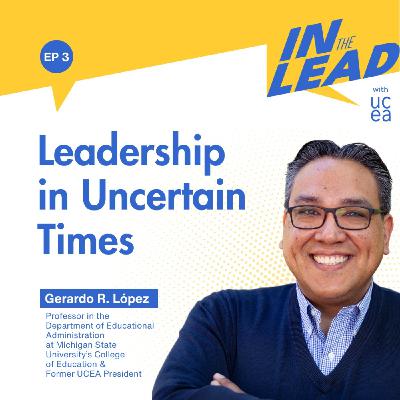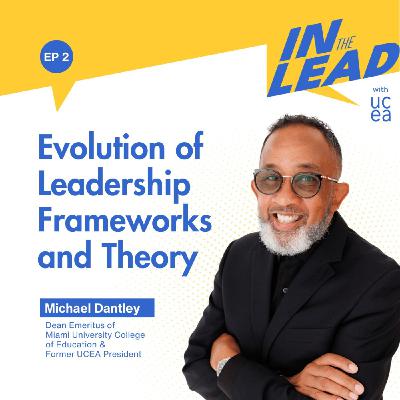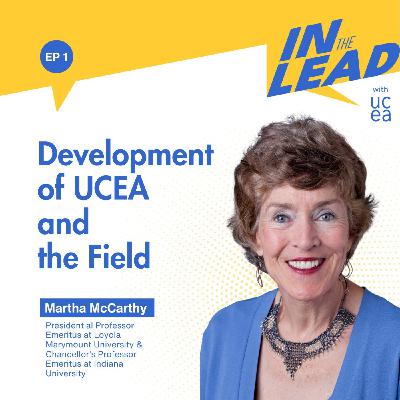Exploring Equity and Compliance in Education with Dan Gordon
Description
In this episode of In the Lead with UCEA, Executive Director Dr. Mónica Byrne-Jiménez talks with Dan Gordon, principal at EducationCounsel where he leads a variety of K-12 projects focused on advancing learning system approaches and supporting school districts to expand opportunities and accelerate improved outcomes for all students.
Mónica and Dan discuss the evolving role of federal involvement in education under the current administration, including themes of reducing federal influence and focusing on leveraging the remaining capacities to advance specific priorities. Their conversation touches on challenges such as preemptive compliance and the importance of separating significant policy changes from media noise. Dan also highlights opportunities for institutions to rethink and recommit to Diversity, Equity, and Inclusion initiatives amid policy shifts. The conversation ends on the optimistic point of the power of coalition building and sustained partnerships to protect and advance educational values.
In the Lead with UCEA is produced by University FM.
Episode Quotes:
What is EducationCounsel and what work does it do?
[02:29 ] We're a mission-driven education consulting firm. We do early childhood and K-12 and higher ed. My focus tends to be more on the K-12, just given my background. And we do a lot of things. We do some strategy work. We do a lot of connecting of dots and bringing folks together.
Dan Gordon shares their biggest concern with misinterpreted signals and noise and its implications.
[09:53 ] We worry a lot about what we call preemptive compliance, and I think the biggest risk of the signal and, like, confusing the signal for the noise or not finding the signal in the noise is that the noise is scary and all encompassing and really dramatic. And the concern is that folks, because they're not able to or are struggling to find that signal, instead listen to the noise and it drives them to comply, to change things, to comply with what they think or are being told what the law is, or that the law has suddenly changed to be. And they're complying not when they're forced to because there's been an investigation and/or a court case or something that is really sort of called the question, and instead they're preemptively complying in advance.
Going beyond the headline is key to understanding the right time to comply.
[16:18 ] If you're not someone who's familiar with the way litigation unfolds, you might see a headline that says, Courts find illegal this thing or courts find legal this thing. And the truth is that a lot of those are early decisions, temporary decisions, preliminary decisions that don't get to the point of a final say about whether something was legal or illegal. And so it's the other way, is that, you know, you also have to make sure that institutional leaders don't see, oh wow, this court temporarily put a hold on this thing, so therefore, you know, it's illegal and I don't have to pay attention to it. Well, and they may have just temporarily done it for the next couple [of] days while they considered full arguments about it. Or maybe they changed it only for the people in that one place in Vermont. And that doesn't apply to us too. So, it goes both ways in terms of whether it's news that you find good because of where you stand or news that you find troubling because of where you stand. It's really important to kind of go behind the headline.

